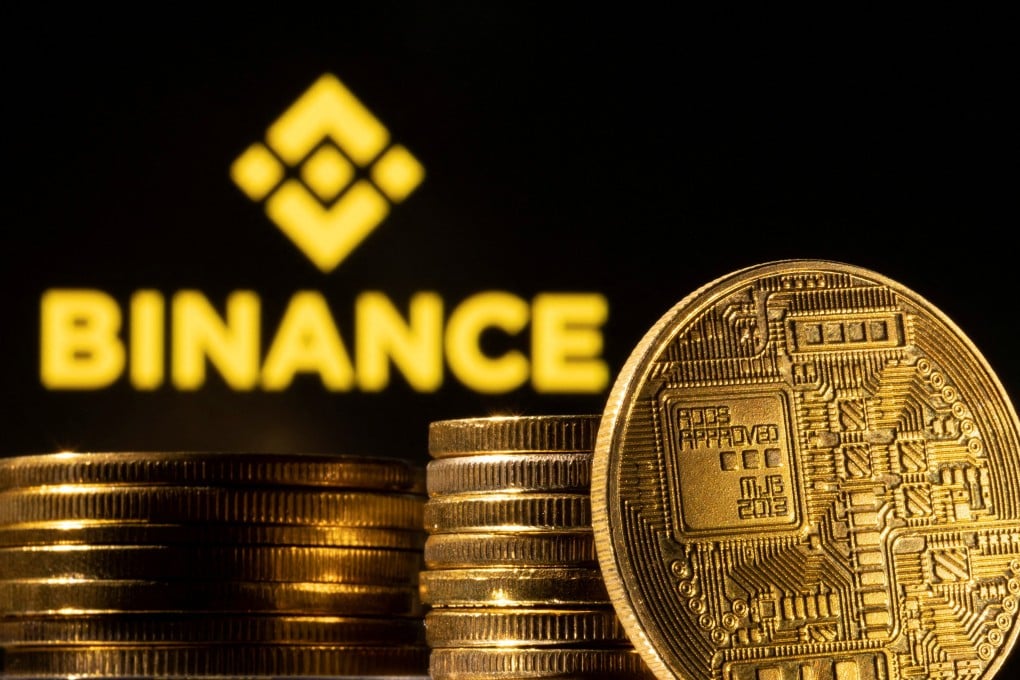Binance readies licensed cryptocurrency platform in Middle East in a bid to regain legitimacy
- The world’s largest cryptocurrency exchange will launch payment and trading services in Dubai and Bahrain as early as June
- Binance won a licence in France, its first in Europe, as CEO Zhao Changpeng continues to lobby regulators

Binance, the world’s largest cryptocurrency exchange, is preparing to launch its payment and trading services in Dubai, as it seeks to set up its first headquarters in the Middle East and rebuild legitimacy.
The exchange is working with local banks and recruiting country managers and compliance officers in Dubai and in Bahrain, with the service expected to launch as early as June, according to Richard Teng, regional head of Middle East and North Africa, who is based in Dubai.
“Regulators in the Middle East region see that supporting the development of crypto assets is critical in developing the Web 3 ecosystem,” said Teng. “Trading cryptocurrencies is just one of the business areas that we could deploy in the region, and there are many more opportunities besides trading.”

The licences won in Dubai and Bahrain earlier this year were followed by a permit from French regulators, Autorité des marchés financiers this month, its first in Europe, showing that the lobbying by chief executive Zhao Changpeng is paying off. The exchange’s popularity among cryptocurrency traders has helped to bolster Chao’s net worth to US$17.4 billion, according to Forbes.